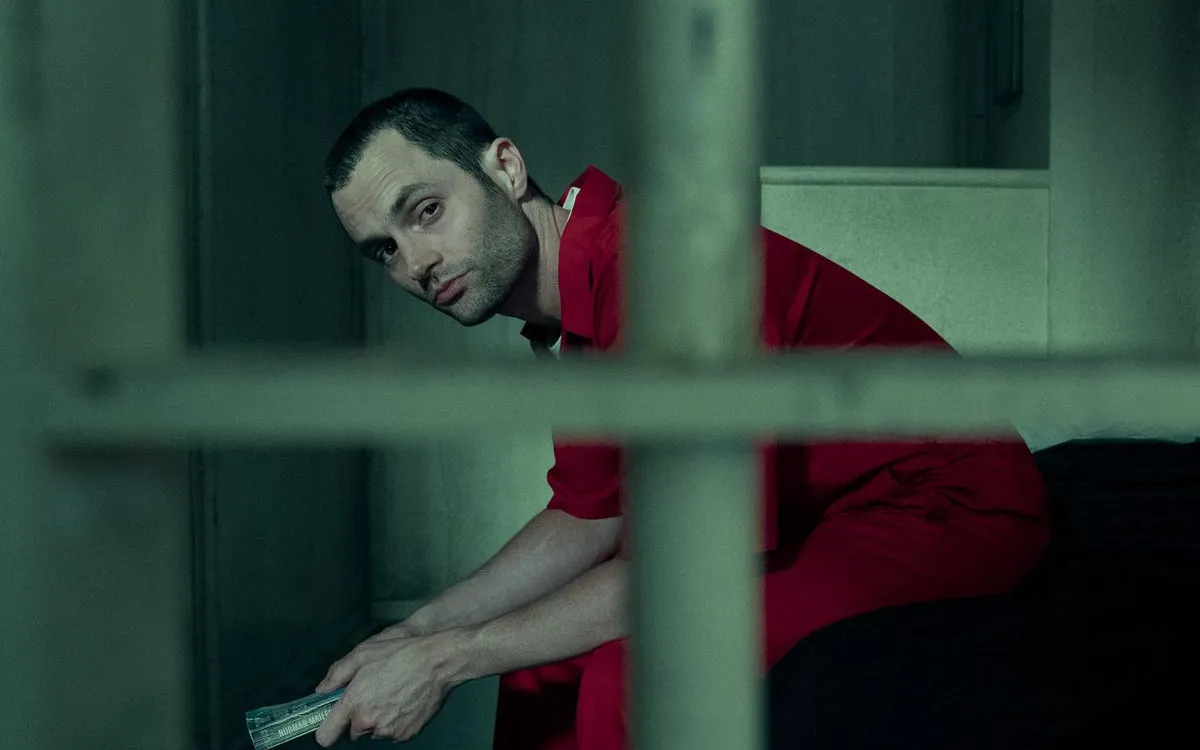
This article contains spoilers for the final season of You. In a powerful closing scene, newly-convicted serial killer Joe Goldberg, portrayed by Penn Badgley, delivers a poignant monologue that leaves viewers questioning their own role in his narrative. “It’s unfair, putting all of this on me. Aren’t we all just products of our environment? Hurt people hurt people. I never stood a chance… Maybe we have a problem as a society. Maybe we should fix what’s broken within us. Maybe the problem isn’t me. Maybe it’s you.” These words echo from Joe's prison cell, breaking the fourth wall as he gazes directly at the audience.
The central question posed by Joe’s closing remarks is whether we, as viewers, are complicit in his actions by indulging in his five-season-long descent into madness. Is Joe attempting to shift blame away from himself, or is there a deeper truth to his statement? Badgley suggests that the answer is nuanced. “It's both. It's a cop out from him but it's also true because, at the end of the day, he's not real and we are,” he explained in an interview with Entertainment Weekly. “So we've been watching a show about him and he no longer exists, so it is about us. It couldn't be about him. He's not real. So that's kind of plain and simple to me.”
Badgley emphasizes that the viewers' expectations significantly influence the narrative. “Do we need to see him change? What would actually be the conditions for him to change meaningfully? Is that what anybody wants to see?” he questions. He acknowledges that a meaningful transformation of Joe would create an entirely different show with a different tone, likely diminishing its popularity. “So it's frustratingly true, I think, his statement in the end,” he adds.
According to Badgley, the success of You lies in its ability to address socially relevant themes that prompt viewers to reflect on their own lives. “I actually think it’s like a cultural-level love addiction, which is not at all actual love. And so in the end, I do think it's about us rather than him,” he explains. However, he also acknowledges that Joe's statement could be seen as a way to evade responsibility for his actions, adding another layer to the character’s complexity.
Despite the dark themes, Badgley doesn’t harbor resentment towards the audience for being captivated by Joe’s charm. “He has always been a romantic icon. That's what he's meant to be, while also wearing the hat, so to speak, of a killer to deliver this satire and social commentary,” he notes. “People are meant to fall in love with him and see him as a romantic figure. That is actually the point.” Throughout the series, Badgley aimed to remind viewers of this duality, emphasizing the importance of recognizing the underlying message.
As the series concludes, Badgley reflects on his decade-long experience with the character. “I've just been reflecting on how I have had to sit with this character for the better part of 10 years. All of my 30s,” he shares. He acknowledges that this introspection may have contributed to his growth as a person, husband, and father. “It's possible that these reflections have led me towards being a better man and husband and father. It's possible. I don't know, but it's possible.”
The final season of You is now available for streaming on Netflix, wrapping up a complex and thought-provoking series that challenges viewers to examine their own values and societal norms.